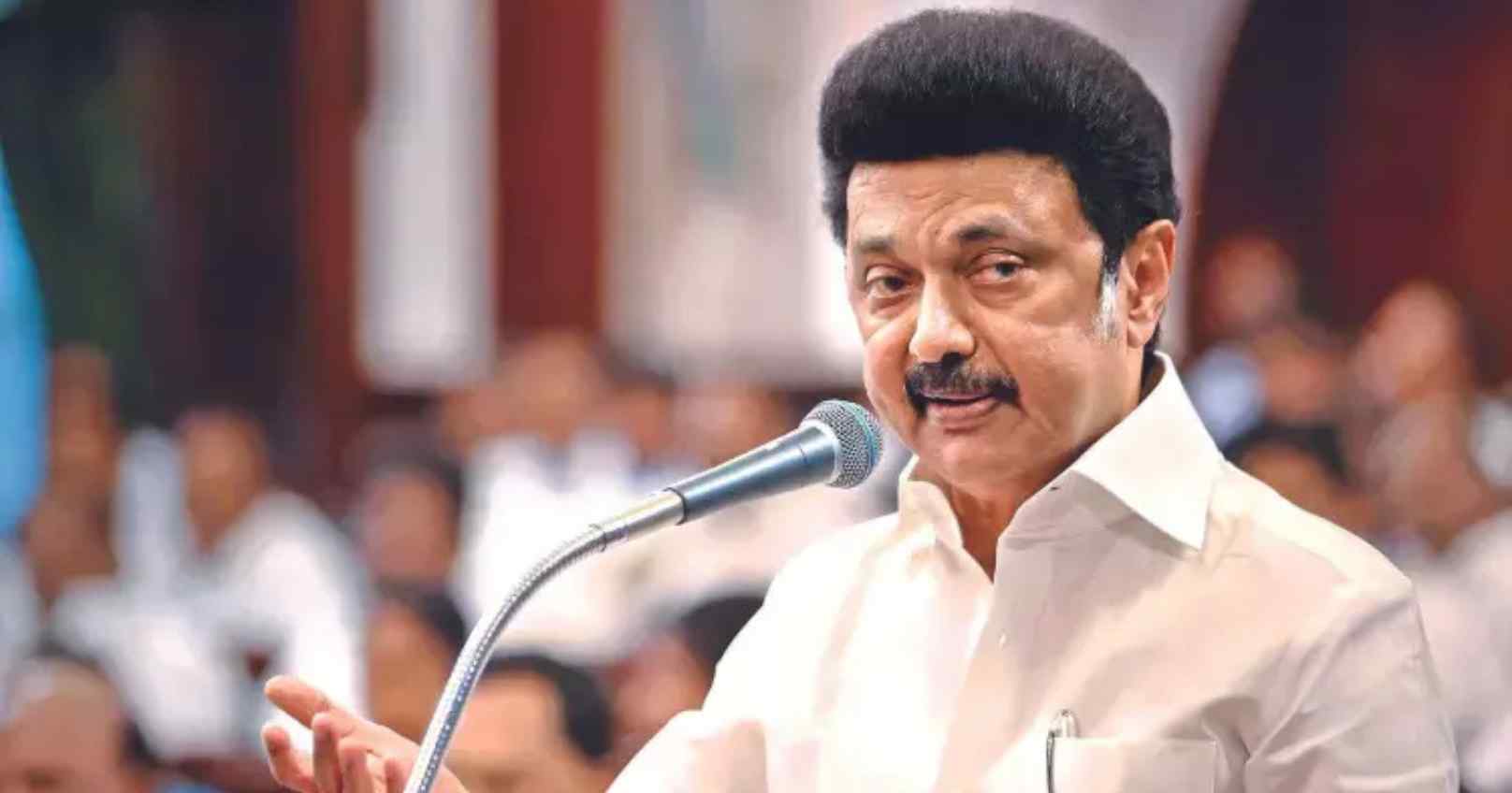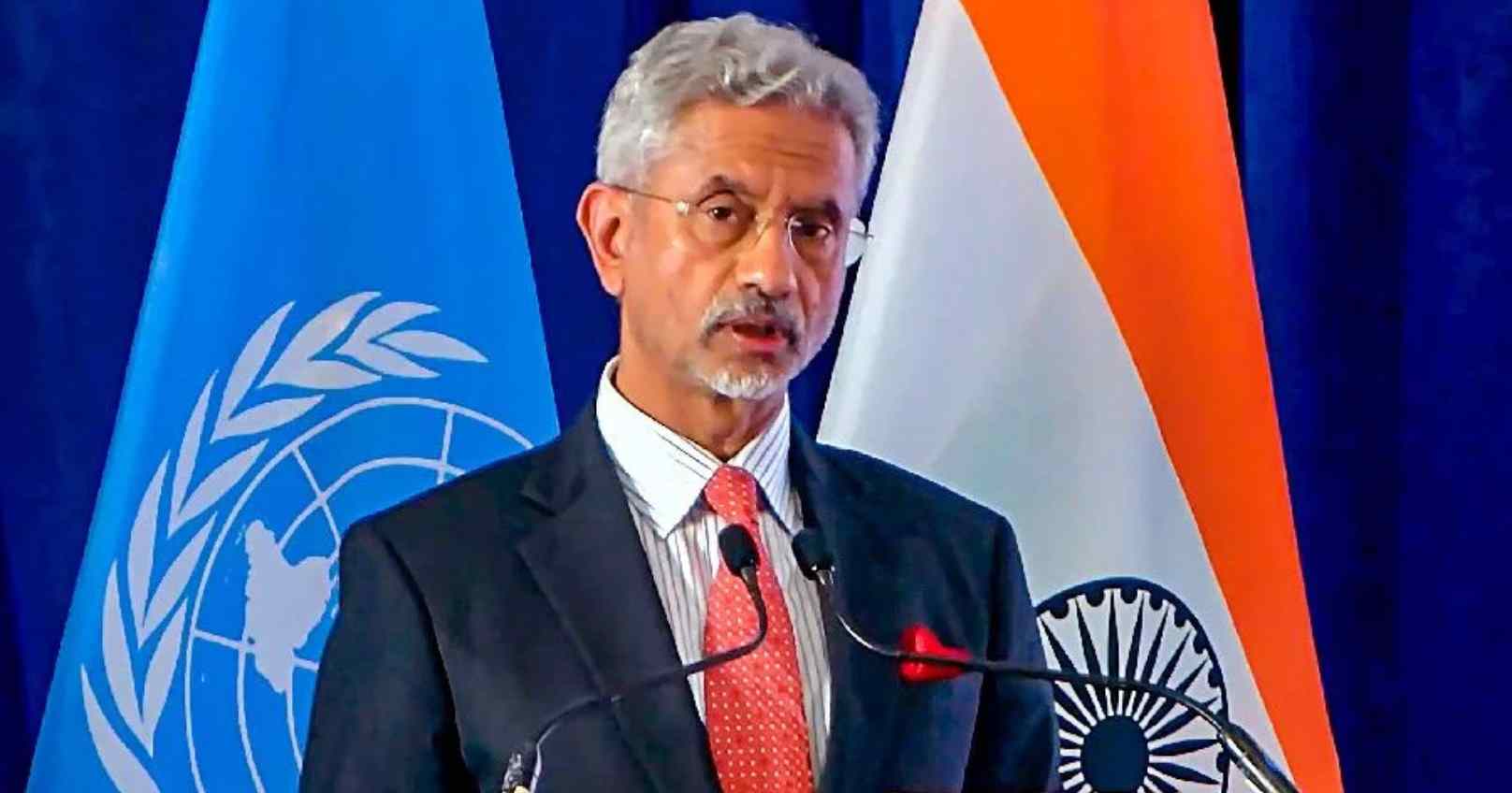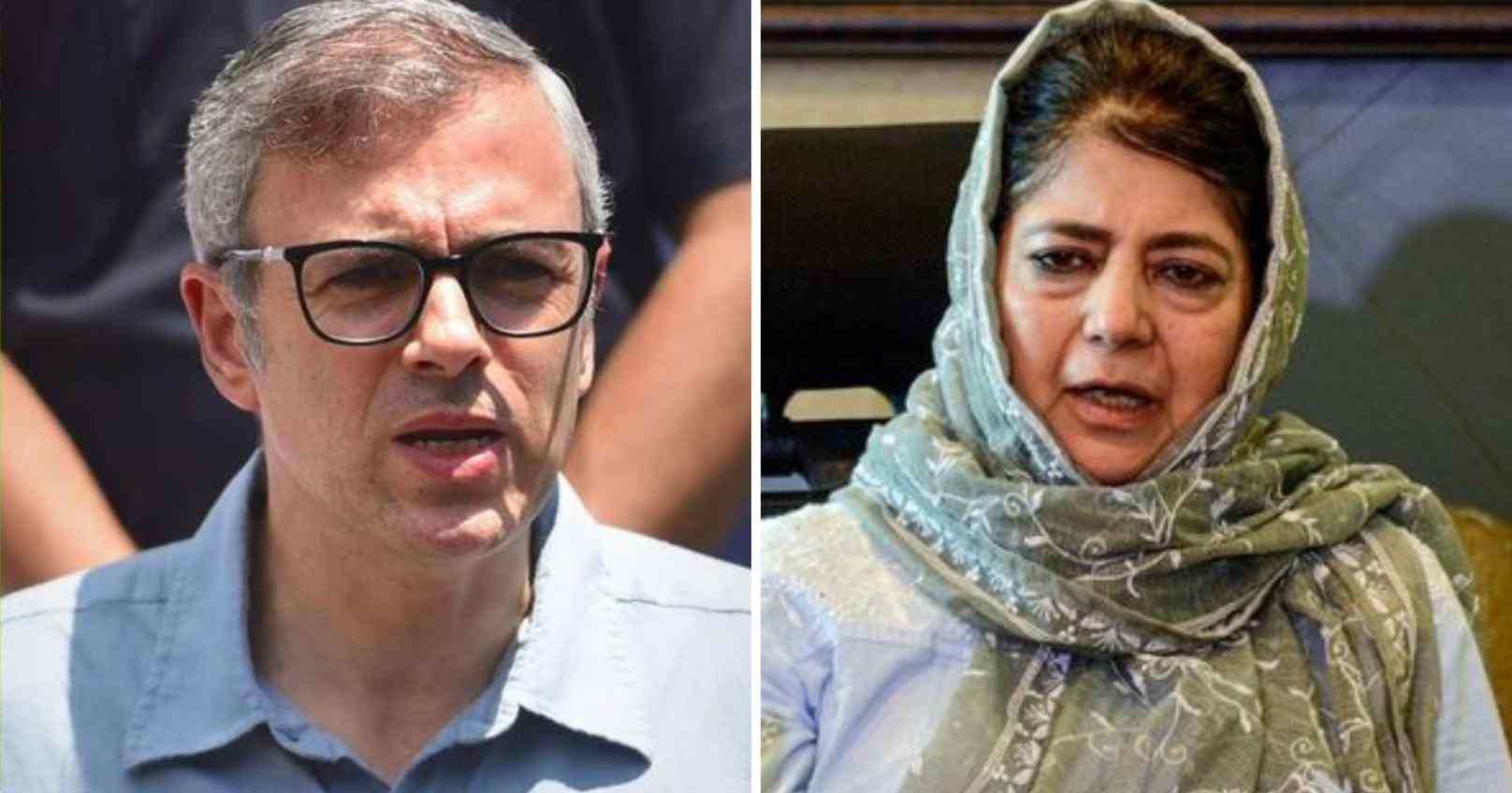Tamil Nadu Chief Minister MK Stalin has reaffirmed his opposition to the "imposition of Hindi," warning that the state is prepared to engage in another "language war" if necessary. His statement comes in response to mounting concerns over the Centre’s three-language policy.
The Dravida Munnetra Kazhagam (DMK), led by Stalin, has consistently resisted the implementation of this policy, maintaining that Tamil Nadu will continue with Tamil and English as its official languages. The party has long accused the BJP-led central government of attempting to promote Hindi in the state, frequently citing the anti-Hindi agitations of 1965, during which the Dravidian movement successfully pushed back against similar efforts.
When questioned on whether the Centre’s actions were provoking a fresh language conflict, Stalin responded affirmatively, stating, "Yes, certainly. We are ready for it." The ongoing dispute over language policies has been a persistent source of tension between the DMK government in Tamil Nadu and the Union government.
Meanwhile, Tamil Nadu BJP president K Annamalai countered Stalin’s remarks, alleging hypocrisy in the DMK’s stance on language education. In a post on X, Annamalai claimed that while Stalin insists he does not oppose any language, government school students in Tamil Nadu are deprived of the chance to learn a third language, a privilege enjoyed by students in CBSE and private matriculation schools.
“Is Mr. Stalin suggesting that there are no restrictions on learning a third language, but only if students enroll in CBSE or matriculation schools owned by DMK members?” Annamalai questioned. He further accused the DMK of applying different rules for different social classes, favoring the wealthy while limiting options for the underprivileged.
Taking a jab at DMK supporters protesting against Hindi imposition, Annamalai remarked, “Your party members, who are busy with their paint cans, seem to have overlooked the distinction between Hindi and English in your own statements.”
During a press briefing following a Cabinet meeting at the Secretariat, Stalin also addressed the issue of parliamentary seat delimitation. He announced plans to hold an all-party meeting on March 5 to discuss concerns over the potential reduction of Tamil Nadu’s Lok Sabha representation. He warned that the state could lose eight seats due to the successful implementation of family planning programs that contributed to population control.
Stalin expressed concern that this delimitation process would not only diminish Tamil Nadu’s political representation but also weaken its ability to advocate on key national issues such as the National Education Policy (NEP), NEET, and central funding allocations. “Tamil Nadu has effectively controlled its population through family planning measures. Now, we are facing the consequence of losing eight Lok Sabha seats, bringing our representation down from 39 to just 31,” he explained.
As the political debate intensifies, the conflict over language policy and representation in Parliament remains a crucial issue for the Tamil Nadu government, with potential national implications.







